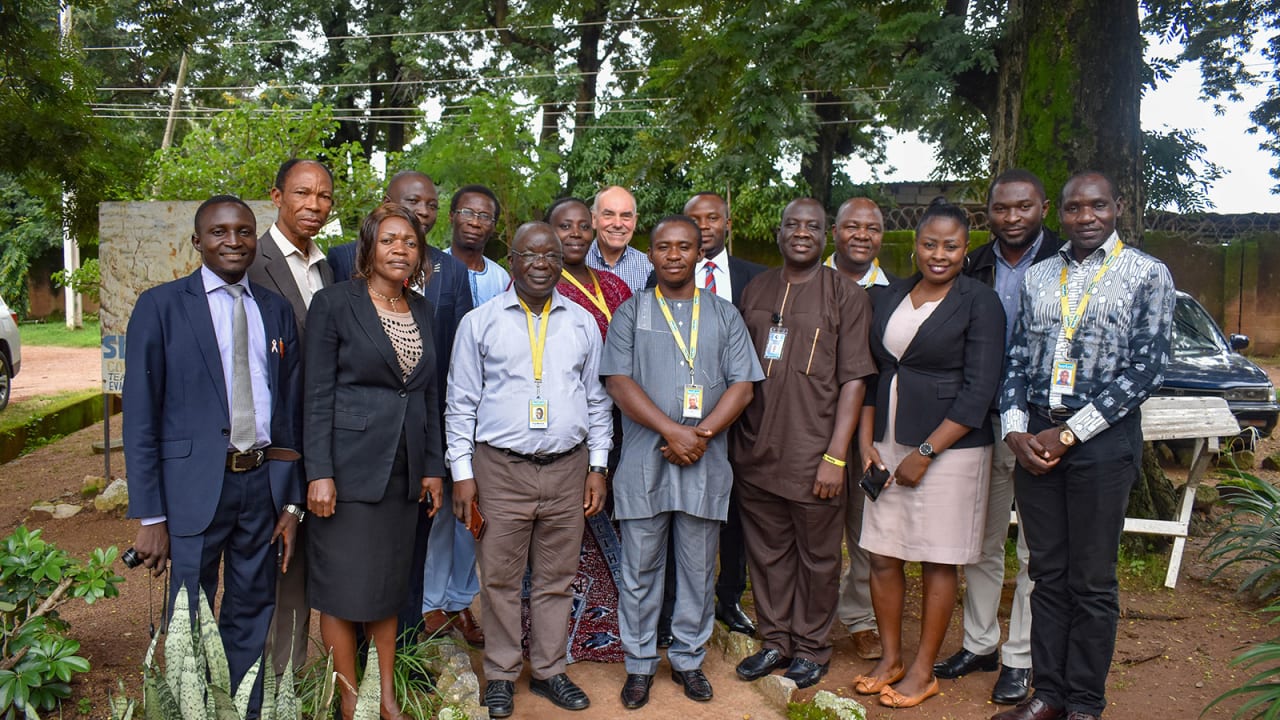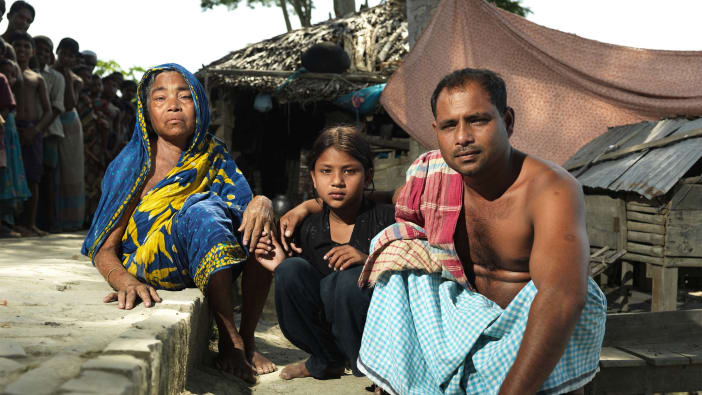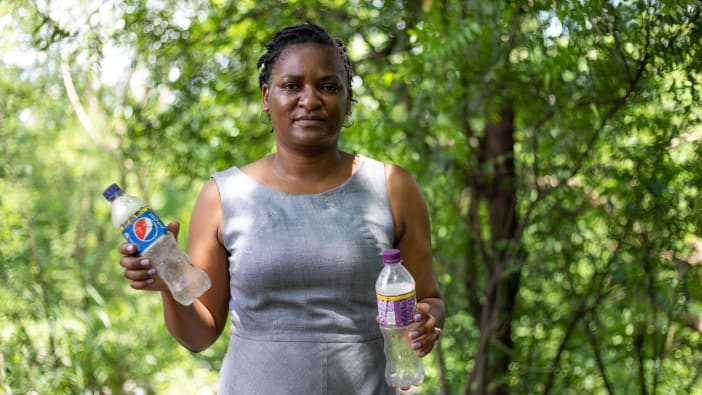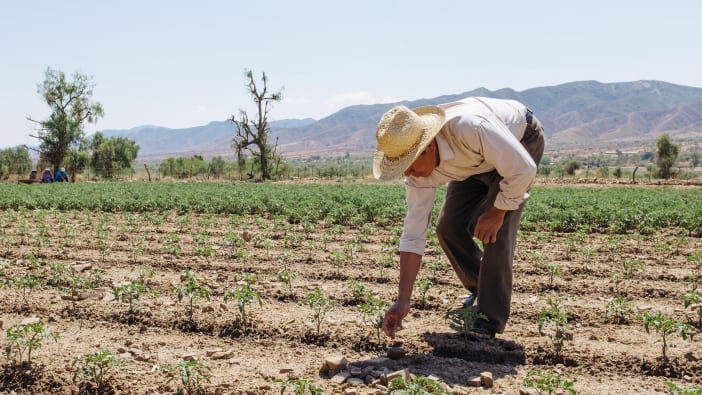Nigeria Reboot began with research into the social, environmental, and economic issues that were critical for the nation to build back better. The organisation behind the campaign gathered a multidisciplinary team of intellectuals, professionals, and activists, who researched, discussed, and published the Nigeria Green Papers. The Green Papers were a collection of papers on 12 key issues for the country. It also contained 30
related public policy propositions. The papers promoted the development of solution-based models that support Nigeria’s development. These papers also provided a foundational understanding for church denominations, church mother bodies, and peer agencies to unite on joint national advocacy about the future of Nigeria after Covid-19.
Shortly after the Green Papers were published, the Nigeria Reboot organisation seized an opportunity to address these critical issues with the Nigerian government. Tearfund learned that there would be high-profile public events to celebrate Nigeria's independence, on a particularly momentous anniversary. One of these events would be attended by public policymakers, journalists, partners and peer organisations.
At this event, Tearfund Nigeria first publicly presented the Nigeria Green Papers. The Nigeria Reboot organisation used these papers to educate policymakers at the event on their 30 policy propositions. The papers' public launch was widely covered in national media. This created space for further discussion of these issues for the public and key decision-makers.
To widen the public discourse of the Nigeria Reboot campaign, the organisation purchased a billboard and launched a social media campaign on Facebook. They created a dedicated page and 28 related videos. These have engaged the public, particularly Nigerian youth, who make up a large percentage of the population. The increased public awareness of the campaign also brought more pressure to Nigeria's policymakers to implement Nigeria Reboot's policy propositions.
The Nigeria Reboot campaign has seen great success based on a comprehensive strategy. The Nigeria Reboot team prepared in advance of lobbying national and state policymakers, with cutting-edge research and practical steps on relevant issues. They united the influential church leaders in Nigeria on the issues they lobbied about. They timed the initiation of their conversations with policymakers well, as it was at a time when the nation celebrates its history and its future. They also gained the support of the public through their media campaigns.
Tearfund Nigeria is now seeing the changes it is advocating for being realised in the Plateau State of Nigeria. It has been consulted by the state government to develop a draft bill, proposing good practices on waste management. Waste management was one of the Nigeria Green Papers' key propositions. The Nigeria Reboot campaign is continuing to lobby the Plateau State and national government with the support of Nigerian churches and youth to further change Nigeria’s policies and practices in line with the Nigeria Green Papers








